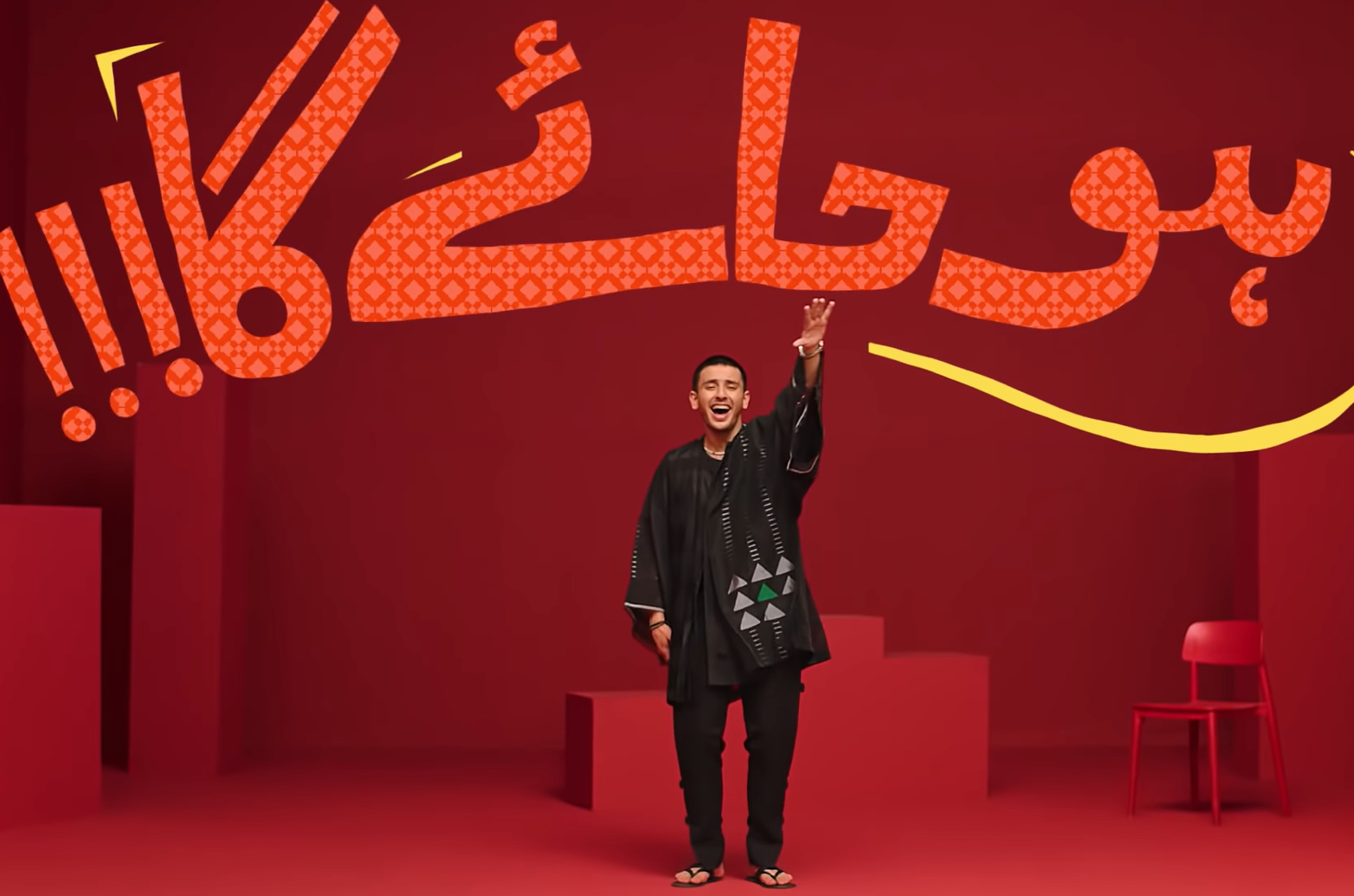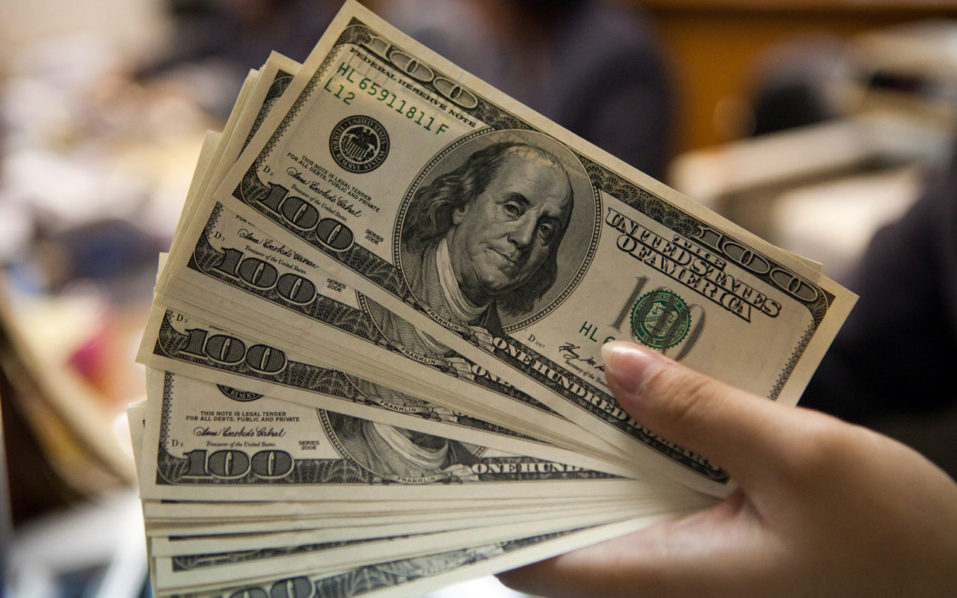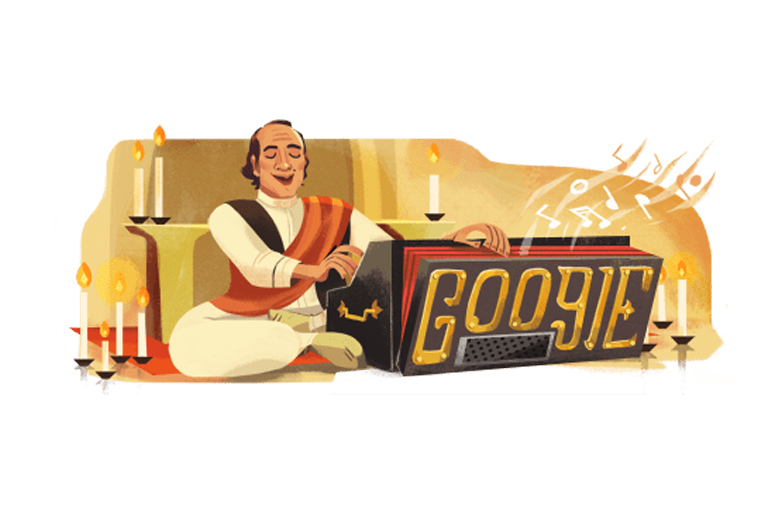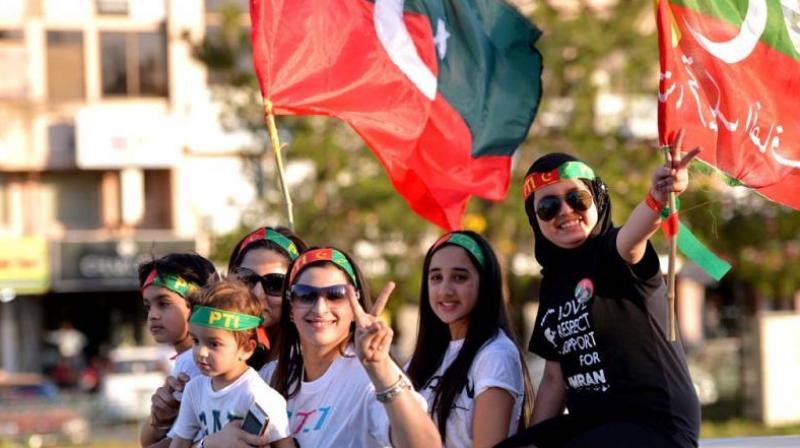KARACHI: Independence Day celebrations for other countries involve public events, fireworks, merchandise and a general feeling of festivity. Independence Day for Pakistan, however, has recently only begun to mean one thing. Sales. 14% off, 74%, or even 14.74% off in some cases, Pakistan’s Independence Day has been narrowed down to nothing more than yet another reason to shop. Each year, brands begin to advertise their sales weeks in advance, and people rush towards stores fooling themselves into thinking that they are saving money by shopping from the sale section when they are simply spending more money buying items they do not really need. But the worst part is not even the sales. Sure, countries across the world host sales to mark annual events specially Christmas, Thanks Giving or New Years’. Pakistani brands, however, seem to slip away deeper into the world of capitalism each year.
View this post on Instagram
To no one’s surprise, numerous brands (minus a handful) introduced their Independence Day sales this year as well. Azaadi sales, we like to call them. Given the limited avenues that our country has for public entertainment and even fewer options available amidst the pandemic, perhaps sales are not the most offensive practice. What is truly baffling to see is famous brands sell capitalism dressed as freedom through their anthems and campaigns. Even worse is the fact that these campaigns have little to no relevance to the idea of freedom of independence for our country.
Let us take Khaadi’s recent song as an example. Titled ‘Badal De Jahaan’, the song has been sung by Hasan Raheem and Risham Faiz. At first glance, the song is catchy, Hasan and Risham look cute dancing in the video, and the track comes off as a fun summer anthem. Until you try to connect the song to 14th August or even the brand itself. A second look at their wardrobe will have you questioning Hasan Raheem’s inclusion in the song in the first place. Khaadi no longer makes clothes for men, so then whose clothes is the male singer sporting in the music video?
The answer becomes clear. Hasan Raheem’s wardrobe is irrelevant for he was probably only chosen for the song because of his star value. He is one of the singers who have recently gained a lot of popularity in Pakistan, especially amongst the youth, the same youth that has been Khaadi’s target audience for years. Another question that comes to one’s mind is, what’s the purpose of the song anyway? How does it align with Khaadi’s identity as a brand? How many other songs has the brand ever released, and why did the first one have to come at the time of independence?
Speaking of brand identity, as discussions focusing on inclusivity and body positivity become more common in our part of the world, multiple local brands have made a halfhearted attempt towards being more cautious with what they promote. While Khaadi earlier hired a plus-size model, Baemissal, as part of its Now or Never campaign, Beechtree wanted to join in on the concept this 14th August. Featuring five models of different ethnicities on its poster, the brand promises to ‘celebrate the presence of everyone whose heart beats for Pakistan’. The brand’s hypocrisy, however, becomes apparent the moment you visit the Beechtree’s website.
View this post on Instagram
None of the models featured in the poster that promises inclusivity are featured on the website. From the five women seen on social media, at least one could have been expected to be featured in the other shoots that the brand has. Instead, what we see on the brand’s website is yet another reinforcement of stereotypes. The women flaunting the brand’s clothes are pretty similar to one another in terms of the way they look, their physical appearances, and ethnicities. Does Beechtree want to limit its inclusion to one social media post then? Does our audience even want to appreciate such superficial acts or does the brand’s vision play no role in brand loyalty?
Independence Day celebrations will come to an end in less than 24 hours, but what will not come to an end is just how eager brands are to cash in on any and every opportunity. Be it moments of joy or remorse, clothing brands will almost always find a way to market their products. Moreover, as an integral segment of our society observes the month of Muharram, brands like Image have come into the picture with their all-black collections. Monochrome, they like to call it.
View this post on Instagram
Of course, nowhere does the brand specify that the Monochrome collection has been introduced keeping in mind the month of Muharram but their timing gives away their plan. In a month that many Muslims opt for simplicity and minimize extravagance, Pakistani clothing brands think it is a good idea to introduce clothes specifically designed for the month, and encourage consumers to spend thousands on a piece of fabric.
The debate regarding capitalism and ethics is not a new one but with brands promising to be more cautious about their choices, and with the pandemic having taught us so many lessons on humanity, the least that can be expected out of brands is to remember that not everything is meant to be put on sale, and not every race needs to be won.













